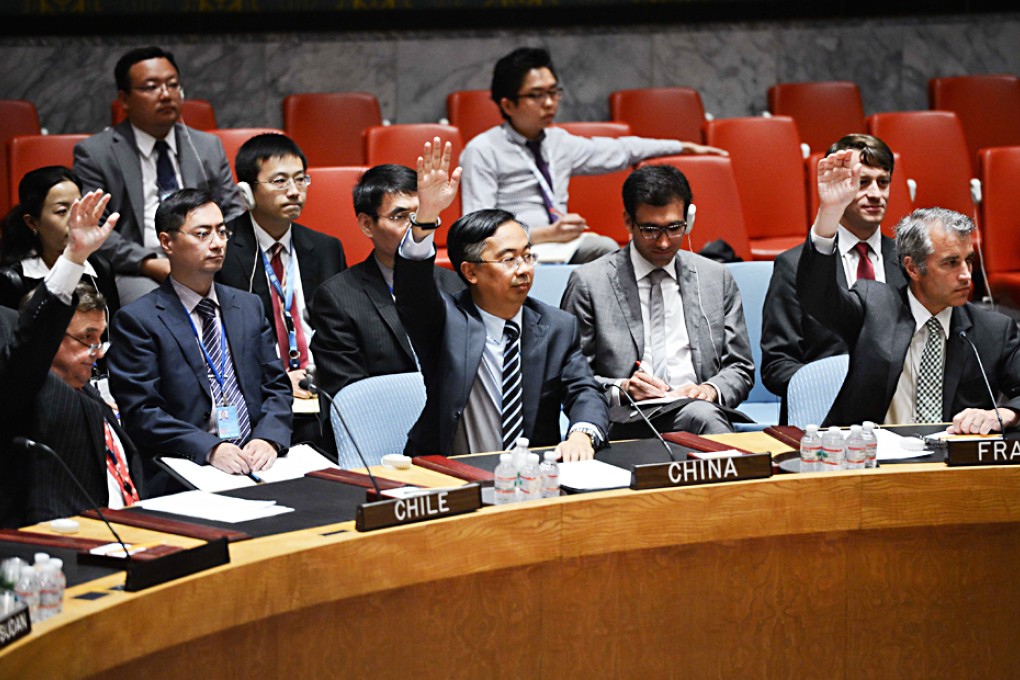China's growing peacekeeping commitment to UN shows shift in foreign policy
A reluctance to commit combat forces to international hot spots has yielded to a pragmatic approach that sees value in the risky deployments

From declining to join peacekeeping operations in the 1970s and '80s to sending combat forces for the first time to war-torn Mali this year, China's contribution to international security missions has changed radically.
Now analysts say Beijing is using its growing readiness to commit resources to help counter fears its rise may threaten other nations.
In the last decade, China has increased its deployment of uniformed personnel to UN peacekeeping missions twentyfold, sending not only engineers but also military and transportation experts, police and medical staff to operations, which have so far been mostly confined to Africa.
But sending combat troops to Mali, in West Africa, indicated a major shift in China's peacekeeping approach. Over the past two decades, Beijing had focused on providing logistical and medical personnel, Macau-based military observer Antony Wong Dong said.
"Peacekeeping is always the best [way of exercising] soft power to counter any 'threat theories' in the international [sphere]. Even in the past, the United States used peacekeeping operations to counter the former Soviet Union's global impact during the cold war period," Wong said.
"In addition, Mali has kept a good diplomatic and military relationship with China for more than half a century. And sending troops to Mali for peacekeeping missions could provide many live drills and training opportunities for the People's Liberation Army."